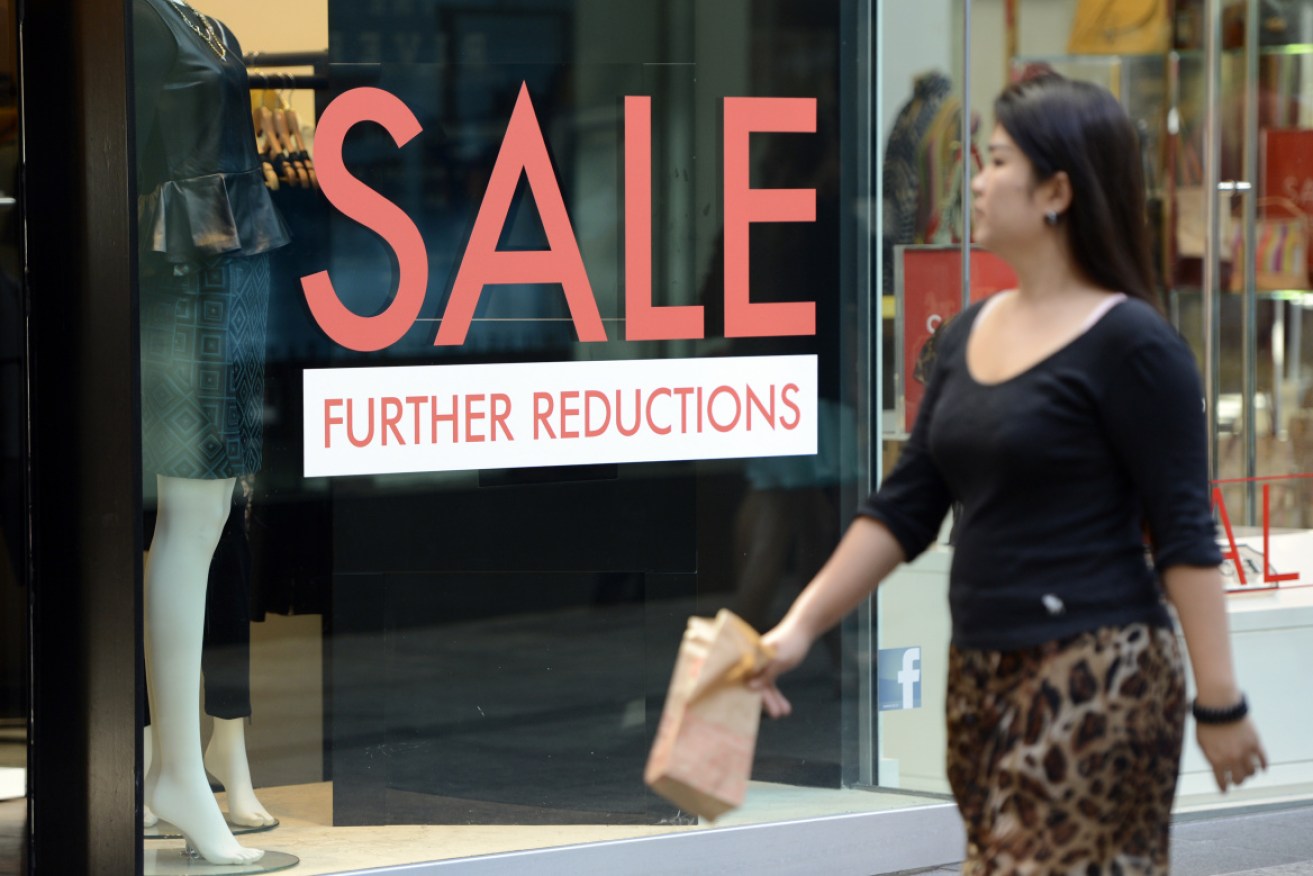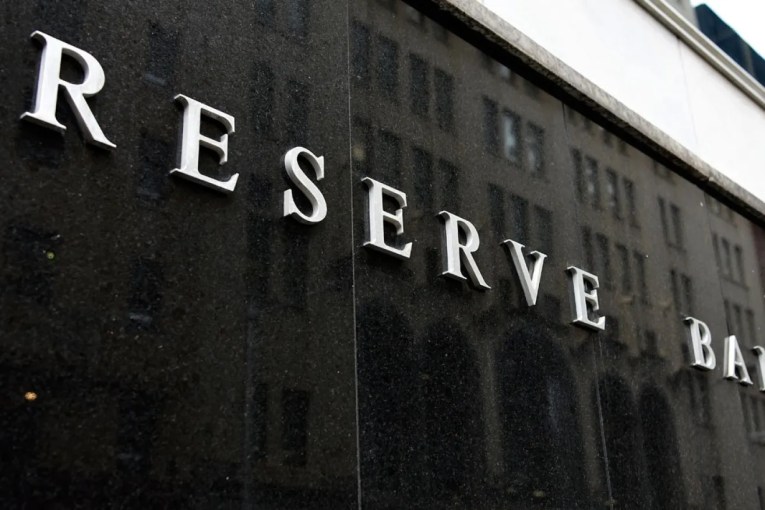Australians don’t share politicians’ rosy view of the economy


People's views on the economic outlook over the next year fell 7.8 per cent in January. Photo: AAP
We are going to hear a lot about the economy over the next few months as politicians gear up for the federal election.
However, Australians may take some persuading that the outlook is going to be as rosy as their lawmakers argue.
The election campaign unofficially got under way this week with Prime Minister Scott Morrison and Opposition Leader Bill Shorten separately making trips to the Northern Territory to promise hundreds of millions of dollars to upgrade the Kakadu National Park.
Whether it was a coincidence or some mischievous political sparring to get the show on the road, you can imagine it will turn into a real dogfight by the time polling day arrives – most likely in May, but possibly in early March.
But as the leaders were chewing up the air miles, new figures released this week showed Australians are fairly unimpressed about the outlook, even if the residents of Kakadu were left happy.
A sub-index in the Westpac-Melbourne Institute monthly consumer sentiment survey found views on the economic outlook over the next 12 months dropped by a hefty 7.8 per cent in January.
This was the biggest drop since September 2015, which coincidentally was when Malcolm Turnbull felt he had to step in to save the country and roll Tony Abbott as the prime minister.
When considering the outlook over the next five years, this index also fell by a sizeable 5.9 per cent.
Whether these results reflect what is happening under the Coalition government or what people believe will happen under Labor – which remains well ahead in opinion polls – is not revealed in the survey.
But it does suggest both sides need to lift their game.
Weak wage growth, falling house prices, growing worries over the global economy and political uncertainty generated by our own election are all issues to leave consumers less comfortable.
On the flip side, employment growth has been strong and petrol prices have come off the boil to ease pressures on the household budget,
The overall Westpac consumer sentiment index fell 4.7 per cent in January to indicate pessimists have crept ahead of optimists for the first time since November 2017.
“The weakening in consumer sentiment will be unsettling for the Reserve Bank given its concerns about downside risks to the outlook for consumer spending,” Westpac senior economist Matthew Hassan said.
In contrast, the more frequent weekly ANZ-Roy Morgan consumer confidence index rose 1.4 per cent.
However, this did come after a 2.2 per cent drop the previous week, which was the biggest fall since October when Mr Turnbull’s once-safe Liberal seat of Wentworth, in Sydney, was lost in a by-election, sending the Morrison government into minority rule.
The partial recovery left the ANZ index above its long-run average.
Summing up, Commonwealth Securities chief economist Craig James thought consumer confidence is “good, not great”.
Not particularly inspiring for retailers.
Still, another of the sub-indexes in the Westpac survey showed the ‘time to buy a dwelling’ rose 4.1 per cent to a four-year high, albeit remaining below its long-run average.
Mr Hassan said there was a clear improvement in sentiment towards the Sydney and Melbourne housing markets after extremely weak results in 2017.
“This suggests the more substantive price declines in these markets has seen some easing in what were acute affordability pressures 12 to 18 months ago,” he said.
This may explain why separate figures this week showed first-time buyers’ share of new mortgages granted in November was the highest since October 2012.
It also suggests with their own roof over their heads and financial markets toying with the idea of an interest rate cut by the Reserve Bank over the coming year, not everyone will be on the pessimistic side of the ledger, whatever verbal deluge our politicians are about to inflict on us.
Colin Brinsden is AAP’s former economics correspondent based in the Canberra Press Gallery








